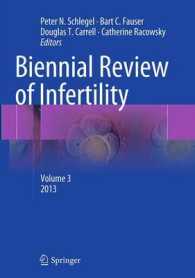Full Description
The respective MIP isoforms that facilitate the transport of these metalloids include members from several clades of the phylogenetic tree, suggesting that metalloid transport is an ancient function within this family of channel proteins.





